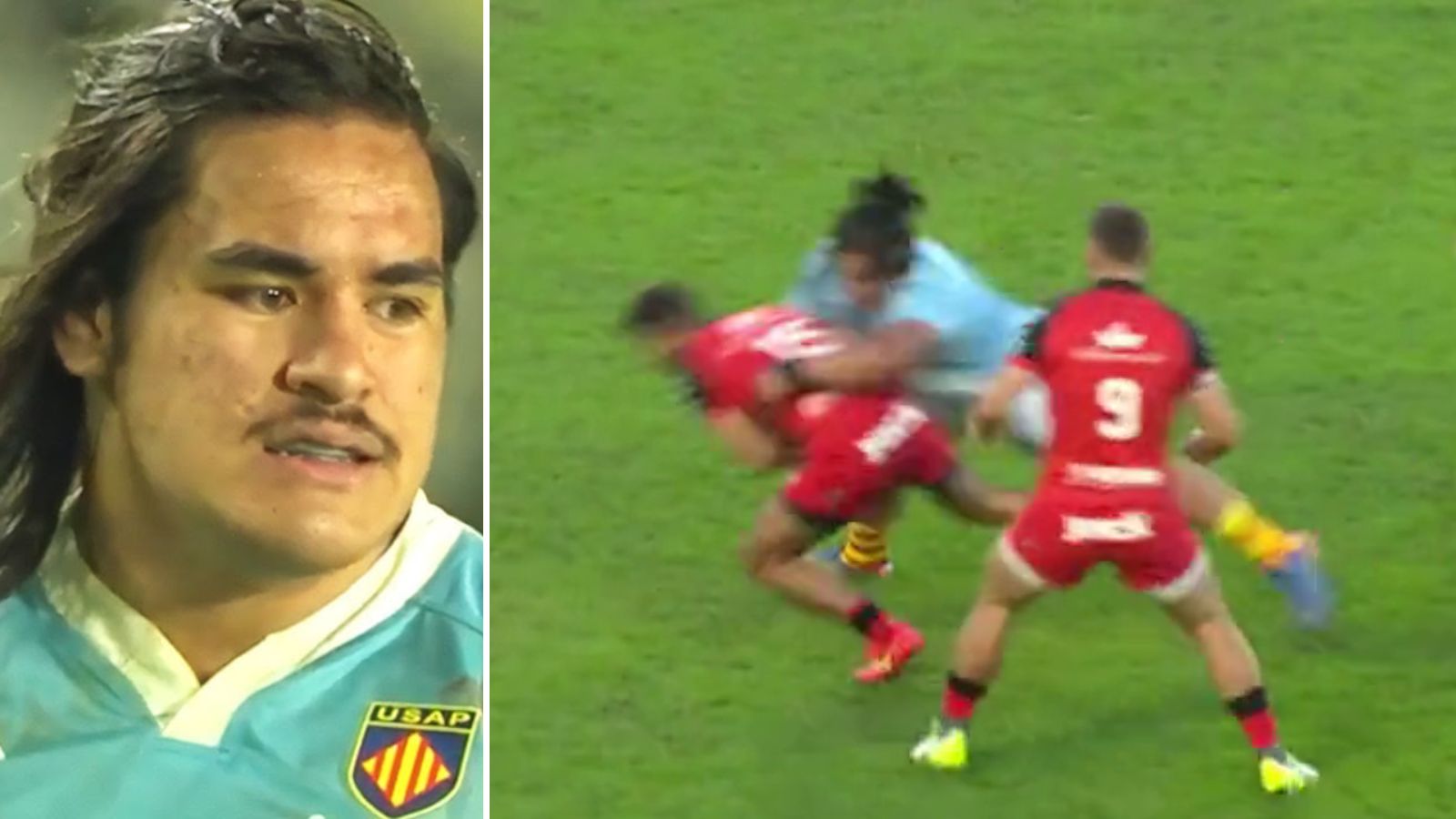Sports
Springbok Flyhalf Struggles Despite Solid Play

The Springbok team has once again found itself in the midst of scrutiny, with the focus directed at flyhalf Manie Libbok following another subpar performance with his goal-kicking abilities. Despite his struggles in this area, Libbok showcased his agility and skill in other aspects of the game during a challenging match in which the backline was severely tested.
In a fixture where the team faced multiple adversities, Libbok’s general play stood out. His quick thinking and ability to navigate through defensive lines allowed him to contribute meaningfully, even when his kicking game seemed off. As South Africa reflects on the match, questions around Libbok’s reliability with the boot persist, which could affect team strategies moving forward.
Fans and analysts alike have expressed their frustration over the inconsistency in Libbok’s kicking, a crucial element for any flyhalf, especially in high-stakes international matches. While his overall gameplay has shown improvements and contributes positively to the team’s dynamics, his failure to convert kicks places additional pressure on the squad during critical moments.
In the world of rugby, the role of a flyhalf goes beyond mere ball handling. It encompasses strategic decision-making, leadership, and the ability to accumulate points through penalty kicks and conversions. Libbok’s capabilities in passing and game management are indisputable, but the inability to capitalize on scoring opportunities has led to doubts about his position in the team.
As the Springboks move toward upcoming fixtures, the coaching staff may need to address Libbok’s kicking technique and ensure he gets the necessary support to rectify these issues. The emphasis on honing this skill is paramount, given the competitive nature of the game and the importance of scoring from every opportunity available.
South Africa’s national rugby team has a storied legacy, and maintaining a high standard of performance is essential as they navigate through rigorous international competitions. Fans will be keeping a close eye on Libbok’s development, hoping to see improvements as vital matches approach.
Moreover, the public sentiment surrounding Kolisi’s captaincy adds another layer to the discussions among fans and rugby pundits. Siya Kolisi, who has previously led the Springboks with distinction, is expected to take the helm for an upcoming series against Ireland. His leadership has generated mixed reactions, particularly regarding his fitness and long-term implications for the team’s direction.
With a significant portion of the fan base rallying behind Kolisi’s dual role as a captain and a player, a poll has reflected the diverse opinions on the matter. Approximately 47% feel it’s a natural choice for him to lead, while 13% express concerns about his fitness levels, and 40% hold a more tempered view, suggesting he may not retain the captaincy until 2027.
This diversity of opinion captures the essence of what it means to be a fan in a nation where rugby is more than a sport; it’s a cornerstone of culture and pride. As the saga continues, the Springboks are under pressure not only to deliver results on the field but also to address the sentiments of their supporters, which are intricately linked to player performances and team dynamics.
With upcoming competitions around the corner, the focus on player performance, especially regarding key positions like flyhalf, will be critical. The goal will be to solidify a game plan that capitalizes on the strengths of the team while addressing weaknesses, particularly in critical scoring situations.












